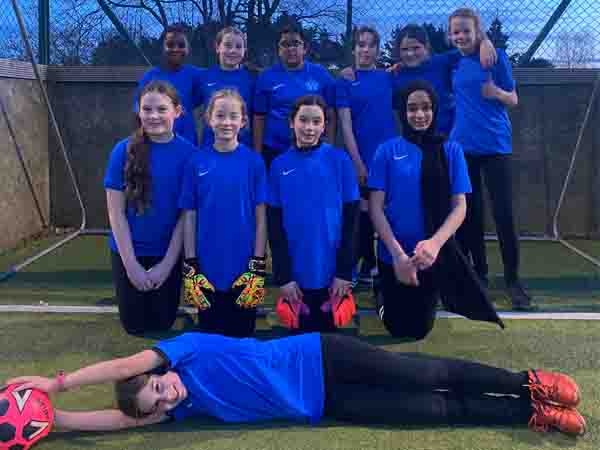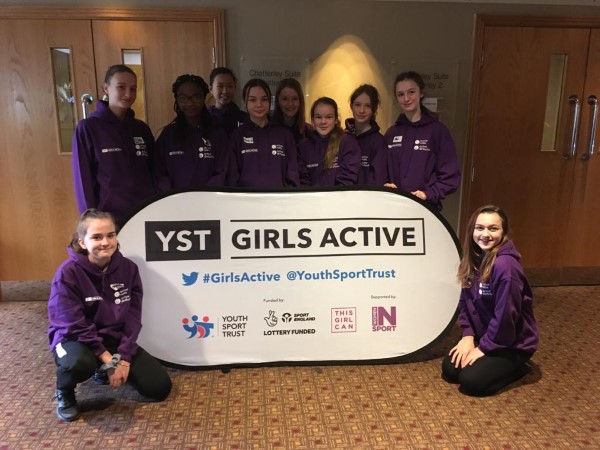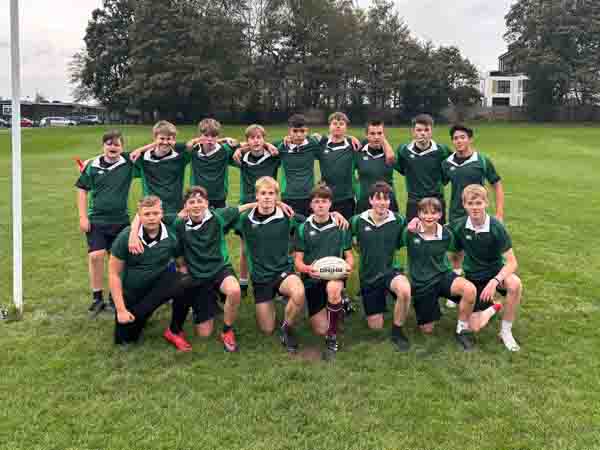Physical Education
(PE)



Our Vision
Our subject area allows pupils to develop a wide range of unique, transferrable and lifelong skills that promote personal, mental and social well-being. Our department develops more than just excellence in sport, it teaches inquisitiveness, creativity, confidence and leadership. We offer a wide range of relevant enrichment activities that contribute to the positive reputation of the Trust within the community. Staff and students build meaningful relationships characterised by respect and a shared ethos where students strive to reach their potential within a culture of excellence.
Where will students be at the end of the KS3 PE curriculum?
In line with the National Curriculum, our Physical Education Curriculum aims to teach students to:
- Know, understand and apply the 6 key concepts of leading a healthy and active lifestyle which include: principles of training, methods of training, fitness components, fitness testing and short- and long-term effects of exercise on the body systems.
- Use a range of tactics and strategies to overcome opponents in direct competition through team and individual games.
- Perform dances using advanced dance techniques in a range of dance styles and forms.
- Develop and demonstrate a good level of skill, techniques and decision making in order to improve their performance in competitive/formal situations.
- Develop their technique and improve their performance in other competitive sports [for example, athletics and gymnastics].
- Take part in Outdoor and Adventurous activities, such as orienteering, which present intellectual and physical challenges and to be encouraged to work in a team, building on trust and develop skills to solve problems.
- Analyse and evaluate their own and others performance and suggest ways to improve in order to produce effective outcomes.
- Work collaboratively with other students to plan, organise and lead a sports session to larger groups.
Where will students be at the end of the KS4 PE curriculum?
Pupils will tackle complex and demanding physical activities. They will get involved in a range of activities that develops personal fitness and promotes an active, healthy lifestyle beyond their school years. They will be extensively involved in Leadership activities. Pupils will be taught to:
- Use and develop a variety of tactics and strategies to overcome opponents in team and individual games [for example, badminton, basketball, dodgeball, football, unihoc, netball]
- Develop their technique and improve their performance in other competitive sports, [for example, athletics and striking and fielding], or other physical activities [fitness]
- Take part in further outdoor and adventurous activities in a range of environments which present intellectual and physical challenges and which encourage pupils to work in a team, building on trust and developing skills to solve problems.
- Continue to take part regularly in competitive sports and activities outside school hours and through community links or sports clubs.
Where will students be at the end of the GCSE PE curriculum?
We follow the OCR specification.
Candidates will learn about the following topics:
- Physical factors affecting performance (1 hour exam 30% grade contribution)
- Socio-cultural issues and sports psychology (1 hour exam 30% grade contribution)
- Practical performances in 3 sports (Non-exam assessment 30% grade contribution)
- Analysis and evaluation of performance (Non-exam assessment 10% grade contribution)

